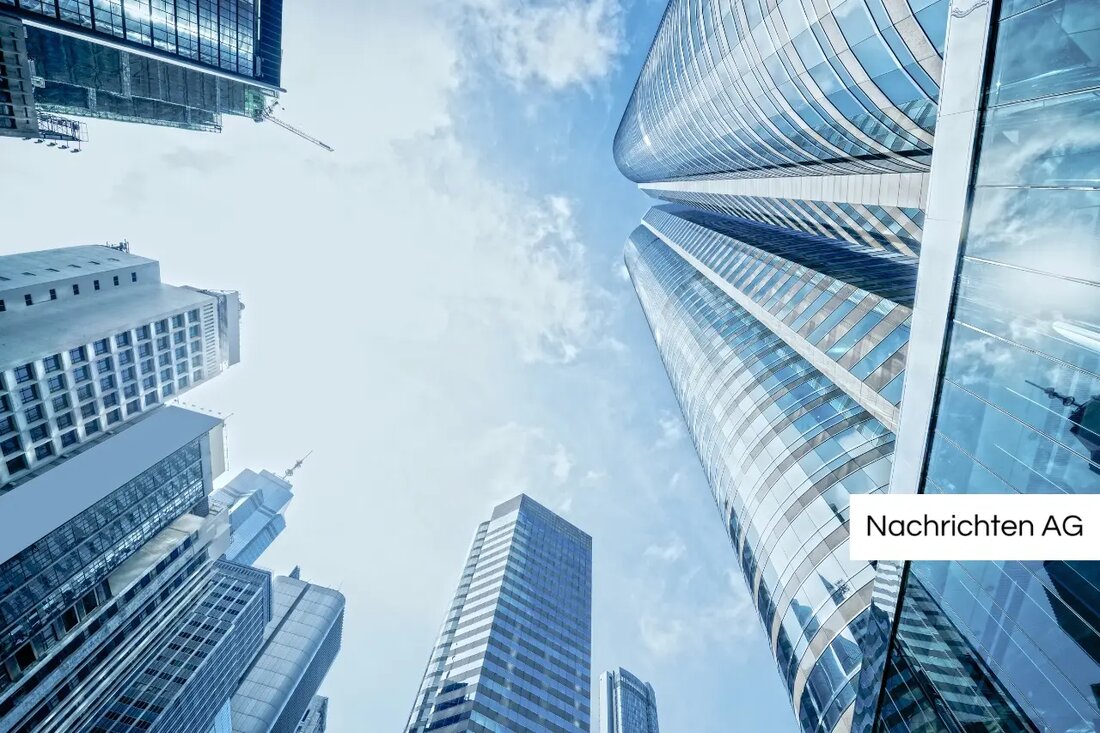New Campus Halle-Neustadt: Educational oasis for the future is created!
New Campus Halle-Neustadt: Educational oasis for the future is created!
In Halle-Neustadt, the "Campus Halle-Neustadt" is realized on Richard-Paulick-Straße. Planned as a "Center for Encounter and Competence Development", the project is estimated with 14.7 million euros for the first construction phase, of which 11 million euros come from funding. Construction began for the second quarter of 2026, the completion is to take place in 2028. This initiative is part of a comprehensive strategy to modernize the educational infrastructure and to combat the shortage of skilled workers in the course of structural change in the region, which is due to the coal phase -out. [Dubisthalle] reports that the city of Halle-Neustadt serves as an example of East German cities in structural change that face special challenges in the areas of education and integration.
The campus' space program provides for a variety of uses. It will include workshops, school laboratories, coworking spaces and creative studios. These facilities are aimed at various target groups, including students: inside, young professionals: inside and scientists: inside. The proximity to educational institutions such as the Christian-Wolff-Gymnasium and the primary and community school Kastanienallee promotes the permeability between school and professional life.
sustainability in focus
A central element of the project is sustainable building. The aspects of the circular economy are particularly noteworthy: components from the prefabricated building are to be reused, which means that the CO₂ balance can be reduced by up to 80 %. In addition, a timber construction is used that includes renewable materials and a sustainable energy supply, including district heating and a photovoltaic system. The open spaces are also designed climate -friendly, with the preservation of green spaces and the minimization of the area sealing.
For the planned opening in 2028, close cooperation with the schools, the city administration and various partners from business, culture and education is planned. A workshop for designing ideas already took place, in which students were actively involved: inside the Christian-Wolff-Gymnasium. In this context, Mayor Egbert Geier and the deputy for education and social affairs, Katharina Brederlow, emphasized the relevance of the campus as a place for exchange and competence development.
financing and cost increase
Originally, the costs of the project were estimated at around 12 million euros, the financing is supplemented by EU funds from the Just Transition Fund and by the city's own funds. However, due to soil and pollutant reports, the redistribution of supply lines and the increased requirements for sustainability, additional costs of 2.6 million euros can be expected.
The development of the campus not only represents an answer to the urgent educational needs, but also serves to strengthen social participation in the region. The planned facilities are designed in such a way that they should promote the skills for future students: inside and the economic integration of adults.
| Details | |
|---|---|
| Quellen | |


Kommentare (0)